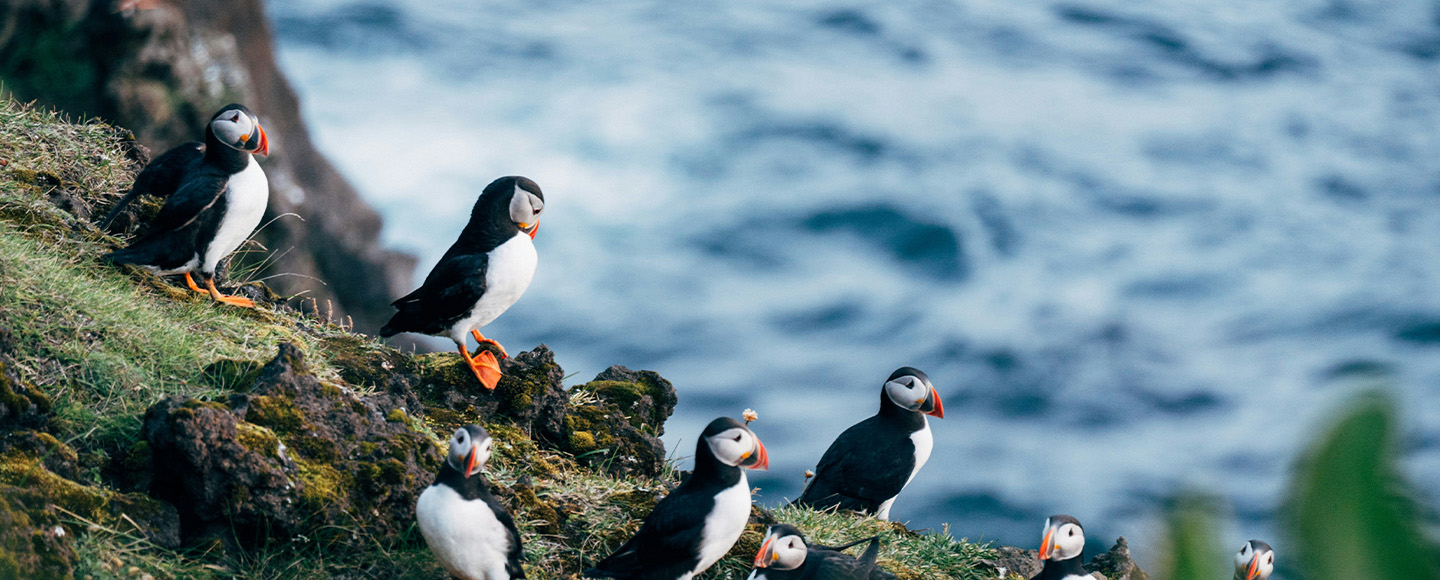Introduction to nouns
Nouns in Icelandic are used to identify a person, place, thing or idea:
Maðurinn syndir.
Ég bý í Reykjavík.
Hann borðar alla kökuna.
Hefurðu tíma til að hjálpa mér?
Nouns can be divided into two broad categories:
- Common nouns – that refer to generic concepts, like kona, bær, bók;
- Proper nouns – that refer to specific things, like Ásdís, Akureyri, Hringadrottinssaga.
Proper nouns are usually easy to spot as they’re often written with a capital letter (although not always, for example months are written in lower case: janúar).
Gender
All nouns in Icelandic belong to one of three genders:
- karlkyn (kk.) – masculine
- kvenkyn (kvk.) – feminine
- hvorugkyn (hk.) – neuter
Before we go any further, it’s good to clear up exactly what we mean by “gender”. In strict terms, gender is simply a way of grouping together nouns that have certain grammatical properties, such as a particular ending.
So with this in mind, there’s one golden rule to always remember:
Grammatical gender does not necessarily correspond with natural gender.
Let’s look at some examples:
- skáld (hk.) “poet”
- grænmetisæta (kvk.) “vegetarian”
- forseti (kk.) “president”
All of these nouns are different grammatical genders, and they can all refer to people of any gender. Grammatical gender is often completely arbitrary.
However, there are a lot of gender-specific labels for people that do have some correspondence to natural gender:
- Grammatically masculine words for males: maður, karl, strákur, drengur, gaur
- Grammatically feminine words for females: kona, kerling, stúlka, stelpa, skvísa
Really, gender isn’t the best term for labelling what are essentially just different classes of nouns. But as it’s the established term, we’re going to use it here.
Identifying the gender of a noun
Gender is an inherit property of every noun in Icelandic. In other words, every single noun falls into one of the three genders. So how do you know which gender a given noun belongs to?
In Icelandic, you often get a lot of help from the noun’s ending to figure out the gender. For an explanation of these rules, see Gender.
Number
As in English, nouns in Icelandic can be either singular🇮🇸 eintala or plural🇮🇸 fleirtala.
Case
Icelandic nouns inflect for case.
Definiteness
In Icelandic, nouns can get the definite article🇮🇸 ákveðinn greinir. The definite article in English is “the”, and it comes before the noun. In Icelandic, it’s an ending that we add to the noun.
